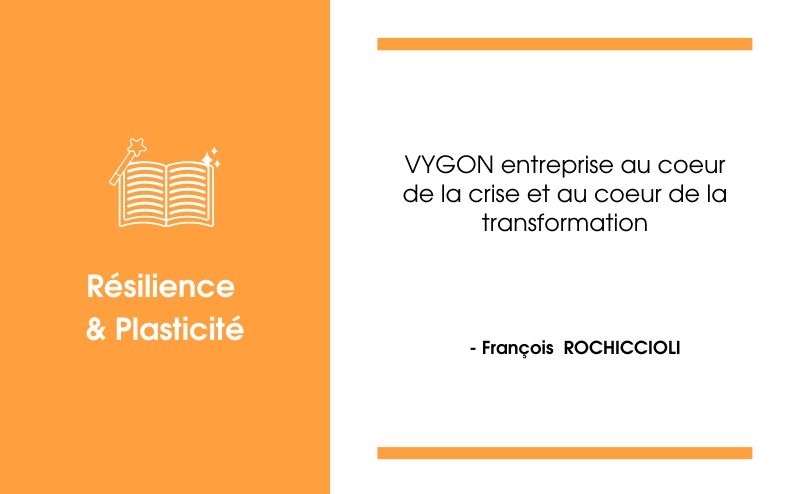
Vygon, a Company at the heart of the crisis and at the heart of transformation
Vygon is a French laboratory specialising in medical devices. It is a fine ETI with an International scope, which designs, manufactures, and markets a large catalogue of products and operates on all continents through its 23 International subsidiaries.
Resilience & Flexibility
François Rochiccioli (PGE 1988)
Vice-President at Vygon
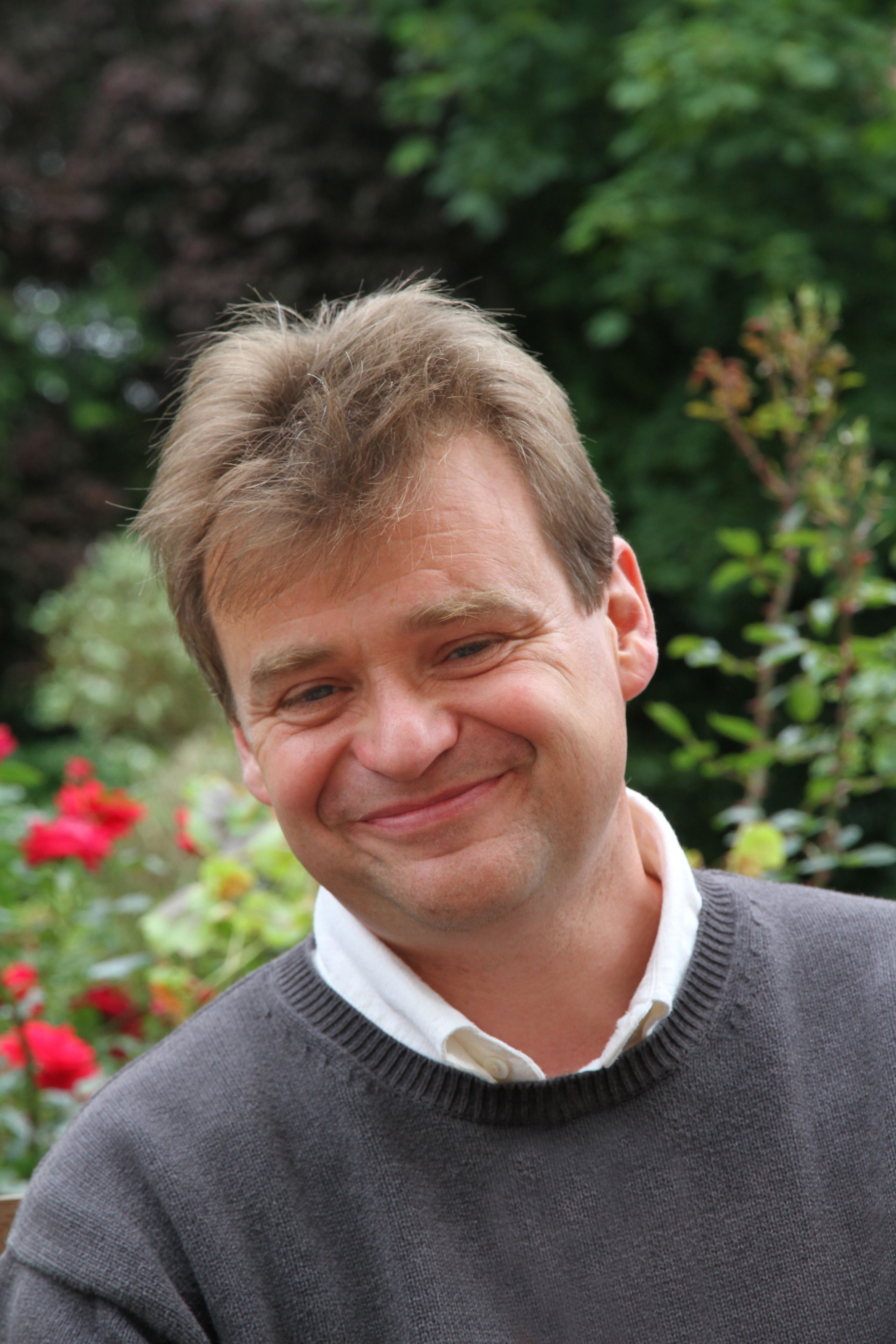 |
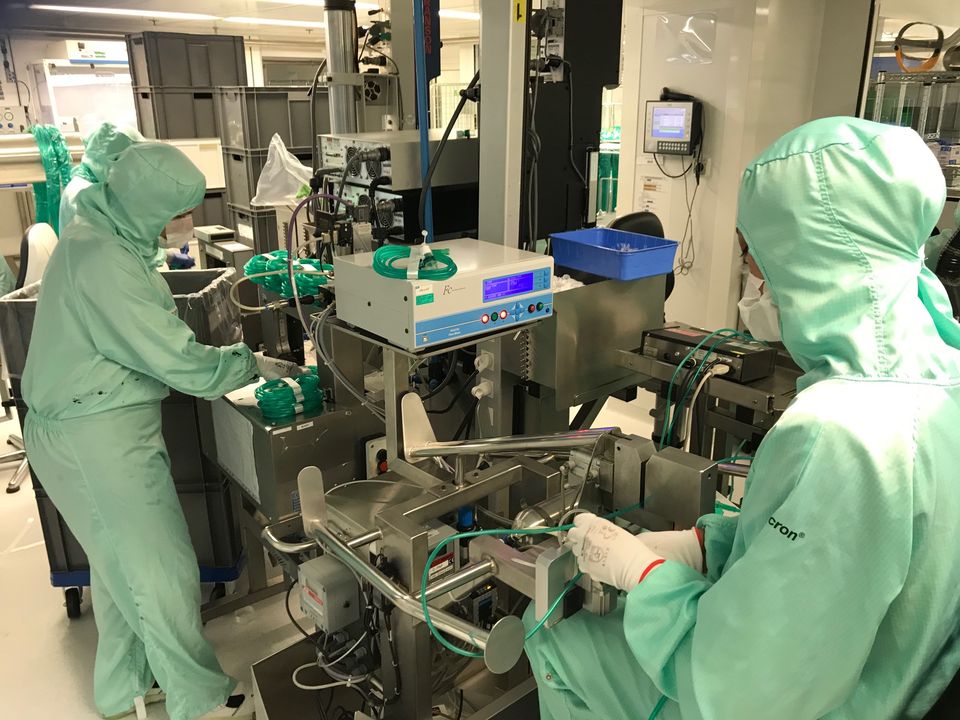 |
How has Vygon been impacted by Covid?
As early as March 2020, we felt a sudden demand in the critical care field. Our customers were making precautionary purchases because they felt the threat of shortages. At the same time, very quickly, orders were suspended with the cancellation of scheduled operations, which caused a sharp drop in the consumption of devices dedicated to outpatient surgery.
From that time on, we experienced a forced mobilisation to meet the needs of hospitals and learnt to make very rapid changes to our production lines to adapt them as much as possible to an atypical demand. It was not possible to open new lines.
On the other hand, we increased the capacity of certain lines, urgently trained, and directed personnel to the assembly and production lines which were working non-stop, and increased the time slots of the employees. We mobilised them while at the same time the human resources were faced with failures in the factories. We had to manage the absenteeism of those who fell ill and those who feared becoming ill. Many of us, in fact the vast majority, were very willing, very involved. And thanks to them, we delivered, and we participated in the chain of care.
Vygon's involvement in this health storm was publicised in the press and on TV channels. This helped to support the teams. And beyond this media coverage, the recognition that hospital workers clearly expressed towards them, in our direct exchanges with them and on social networks, all the positive human reactions that this reaction of the company's employees provoked, all of this supported them. They sincerely appreciated that they were more than useful, they were indispensable. The message of "Made in France" and industrial sovereignty also enhanced the teams at Vygon. Yes, let's say it, there was a certain pride.
And outside the factories?
This positive reaction was observed everywhere in the company because in reality, Covid created disorganisation everywhere. Suddenly, employees had to be able to keep their children and work at the same time, teleworking had to suddenly become dominant in the tasks outside the production site, and the whole chain had to overcome the daily problems of raw material supply . And we did it.
We succeeded in implementing telework quickly because it was already an ongoing project at Vygon. We have greatly accelerated a process that we were building with the employees. A tool like Workplace was already operational, as was the operational framework for telework. The teams reacted very well. For those who could not fully carry out their duties, such as sales staff, training was provided so that this period could be used for the post-crisis period.
What were the consequences for the sector?
|
The health crisis created an unprecedented logistical crisis with uncertain consequences. |
It has brutally highlighted the challenges of logistics and globalisation in the production of medical devices. Most of our raw material supply was not affected because it is mainly European. But at the International level, the logistics chain has resisted very badly. Some countries literally stopped everything. There were no more ships to transport the products, and this is still the case today.
Very quickly, China took off again while we were facing the second wave. While up to now Chinese products were still finding it difficult to enter certain markets, the logistical crisis has led to a new purchasing behaviour. As a European manufacturer, we are dealing with long-term standards issues with robust processes capable of responding to the new and costly MDR (Medical Device Regulation). Chinese companies, on the other hand, are very opportunistic and are not afraid to engage in volatile production. Now, for example, there is a shortage of syringes. So Chinese companies are manufacturing syringes even if it means stopping other less profitable products. When a market is tight, and demand is high, regulatory pressure falls and sales are made. With this crisis, new routes have opened for Chinese products that manage to avoid controls. If we want, in the long term, to protect our cutting-edge industrial activity, we need to make sure that we have the same level of compliance with regulatory constraints.
An assessment of the activity?
It is difficult today to assess the impact of this crisis on our activity. The operations cancelled due to hospital pressure linked to Covid are also cancelled orders. We have not necessarily acquired new customers, but our already important customers have ordered more products for resuscitation. Our range in this area is wide, and it has cushioned the decline in other ranges.
There is another phenomenon linked to what happened that may surprise you. Vygon is very well placed in all the equipment dedicated to premature babies. Well, with Covid and the confinements experienced in many countries, the number of premature babies has dropped. There is also a historic drop in the birth rate in this pandemic year. Will there be a baby boom following this drop that will compensate for this loss of activity ? I don't know!
What about changes in the company, innovations thanks to Covid?
What we do know about the direct consequences of this period of crisis is that it has caused us to take a major digital turn. A return to the past is unlikely. Teleworking will become a norm and even a new way of life.
We also scored points on our image, because we were very present and some of our products proved to be valuable. Let's hope that when the lull comes, our customers won't turn to the lowest bidder.
|
Par ailleurs, ce que l’on retient de cette période c’est qu’il faut maintenir et même développer une forte capacité d’adaptation. |
What we were able to do with Covid, we must be able to do again. We are subject to increasingly complex regulations and at the same time we must be able to adapt because our World is constantly changing, the rules are changing. There are strong trends but also unexpected episodes. You must know how to live with them. You must be prepared to live them. To do this, what better way than to apply the advice of Marie Curie, a person we admire at Vygon, who said : "In life nothing is to be feared, everything is to be understood."
In this context, it is indeed innovation that will allow us to last. It is often thought that innovation has been a driver of resilience in the face of Covid, but for a company like ours, for which innovation is programmed and where it is part of the DNA, the crisis has not really stimulated it. On the contrary, it has slowed down our projects. The trap is precisely to create Covid factories. Covid or no Covid, we need to create innovation and create value in cutting-edge sectors. Health is one of them, of course, and in France, of excellence.
To finish with the most important thing, what this pandemic has shown us is , that we had experienced human resources on which we could count on to act. That is already a lot, in fact it's enormous!



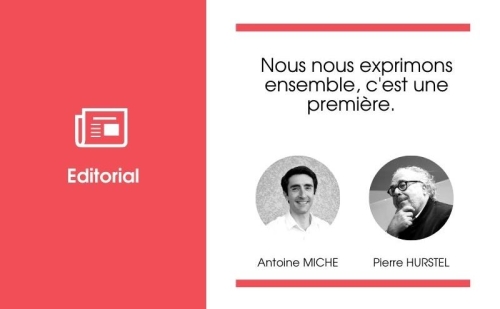
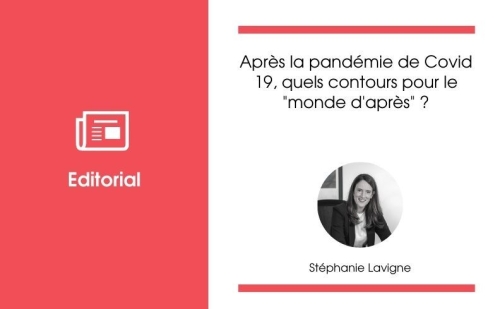
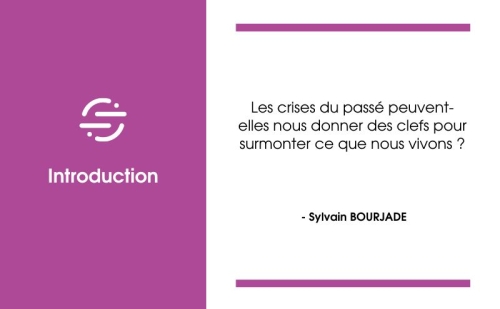
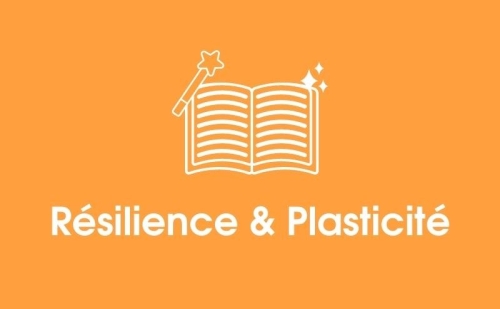
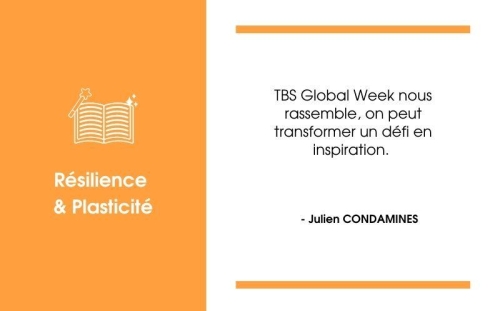
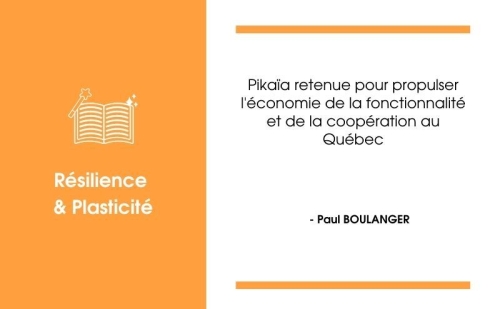
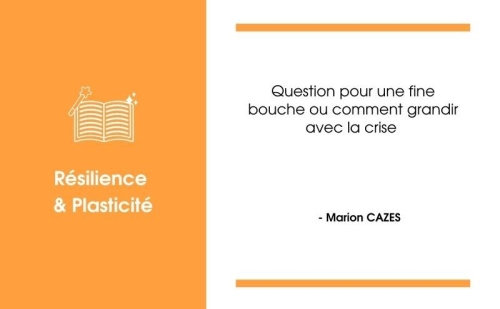
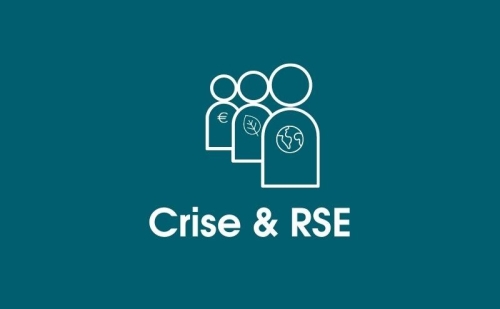
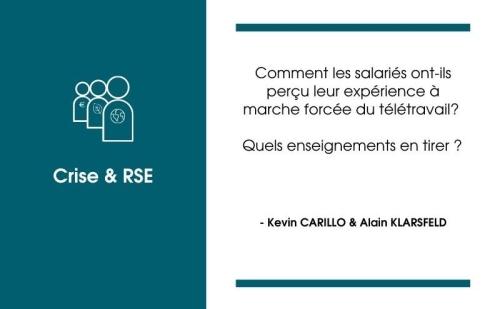
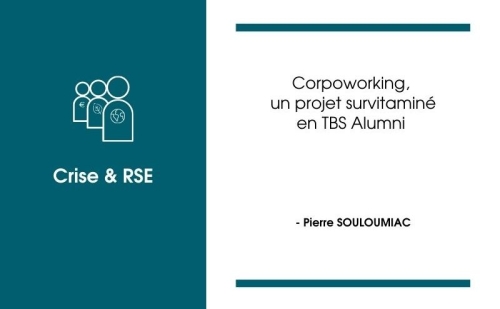
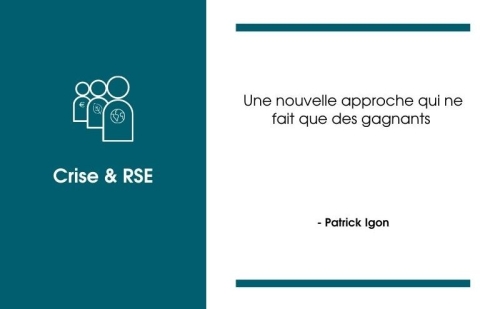
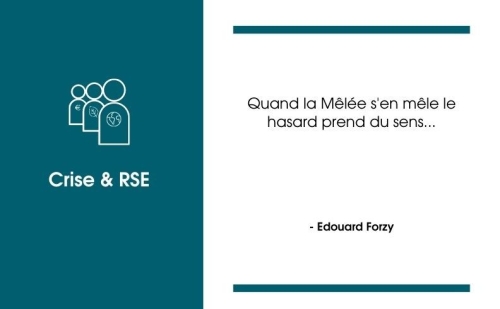
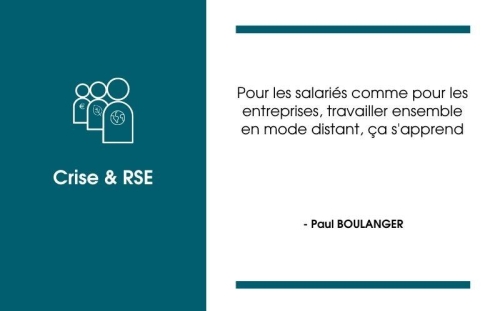
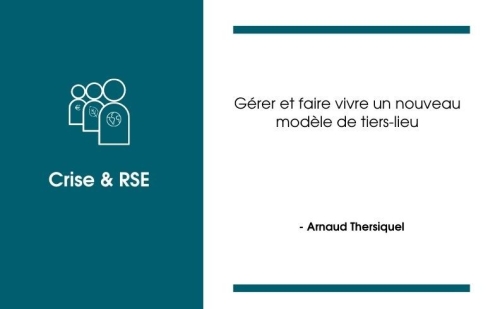
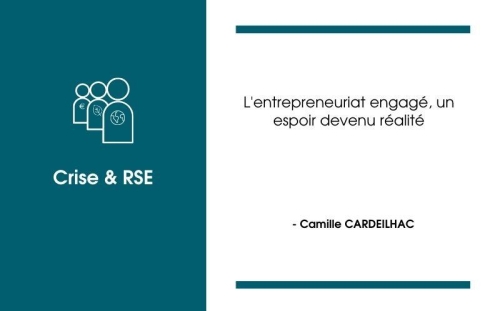
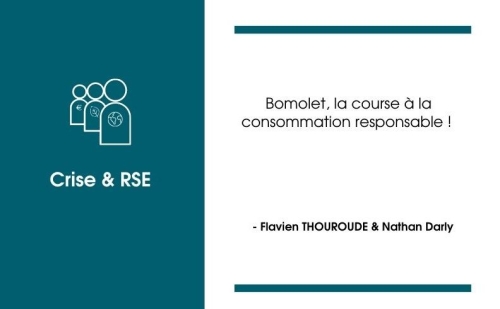
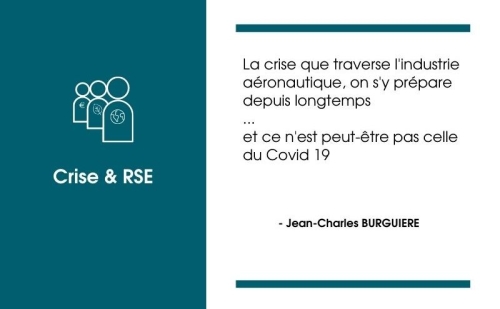
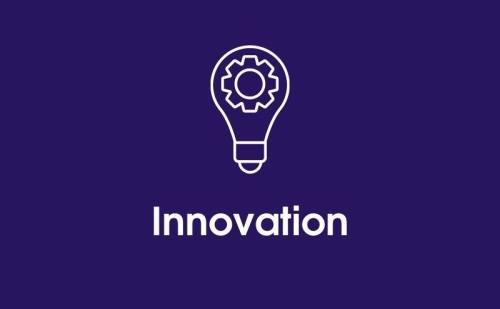
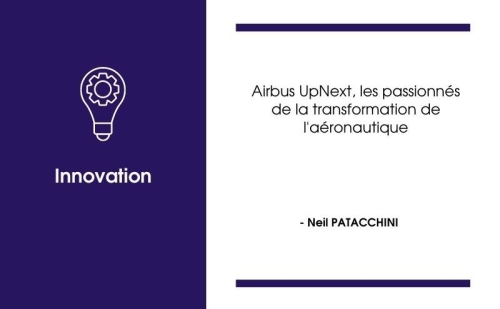
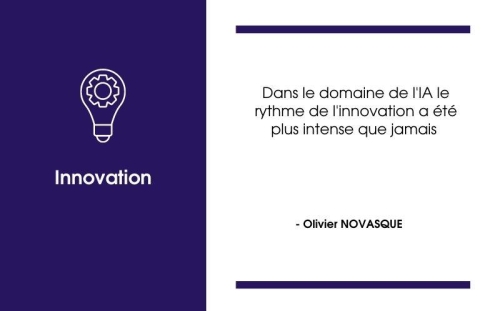

No comment
Log in to post comment. Log in.